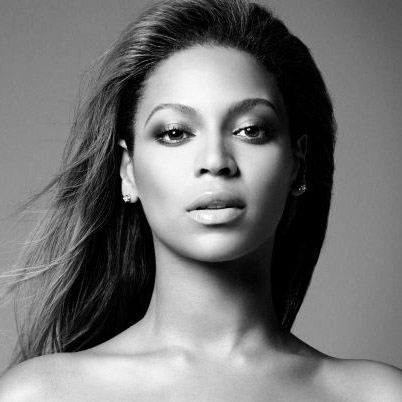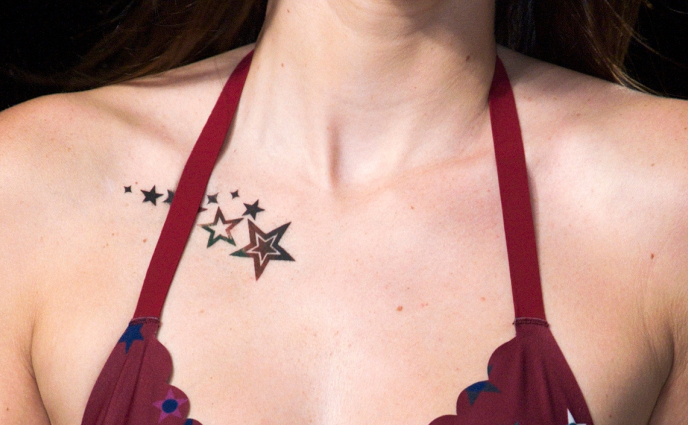"I remember in 8th grade talking to my girlfriends -- they were complaining about having to wake up each morning to do their makeup and hair. I almost lost it, because I was envious of any girl that had the opportunity to do so. I now have the opportunity to wake up every morning and do my hair and makeup, and it is probably one of my favorite daily routines.... The best thing about all of this is I just get to be the woman I am.
However, throughout my transition I have noticed a misconception built around femininity. Many believe the more feminine a woman is the more dependent they are on someone who is masculine. I think that is wrong -- being feminine is an opportunity to be empowered, a chance to express your womanhood and show others the power and abilities you can harness by expressing your natural femininity. Femininity is a beautiful quality that has endless possibilities." - Jamie Haze
Haze is 22 years old and hosts a trans awareness YouTube channel.
Photograph courtesy of Jamie Haze
"Before my transition I was so feminine and wanted everything pink and girly. Makeup [was] something that I'd always been interested in and loved. After experimenting ... and having such a passion for makeup and being so in love with my feminine side, I knew who I was and who I wanted to be. Being a woman for the short year that I have been, I've learned there is no definition of beauty. We're all beautiful in our own different way." - Giana Huffman
Huffman is a teen YouTuber, who vlogs about beauty, lifestyle and trans issues.
Photograph courtesy of Giana Huffman
"Femininity to me is feeling pretty, sensual, sexy, soft -- yet powerful. I actually don't always feel feminine ... [but] femininity is very powerful and strong, and my philosophy is that it controls a lot of the world." - Gisele Alicea
Alicea is a model, actress and trans activist, who has appeared in publications including Vogue, Vanity Fair and Interview magazine.
Photograph courtesy of Gisele Alicea
"Gender roles are like languages, with men expected to 'speak' their version of 'masculinity', and women 'femininity.' Those who don't talk like natives invariably stand out. Trans women weren't raised with femininity as their 'language' (or to express themselves in a 'feminine' manner) -- and in a world that often warns those born male against any display of femininity from a young age, and in which those adjudged to get it wrong can be ruthlessly attacked, this can be a problem. Unlike languages, which have concrete rules, gender is often defined as much by what it isn't as what it is, and learned by doing." - Juliet Jacques
Jacques is an English journalist, film critic, fiction writer and memoirist.
Photograph courtesy of anticapitalistsorgTV






